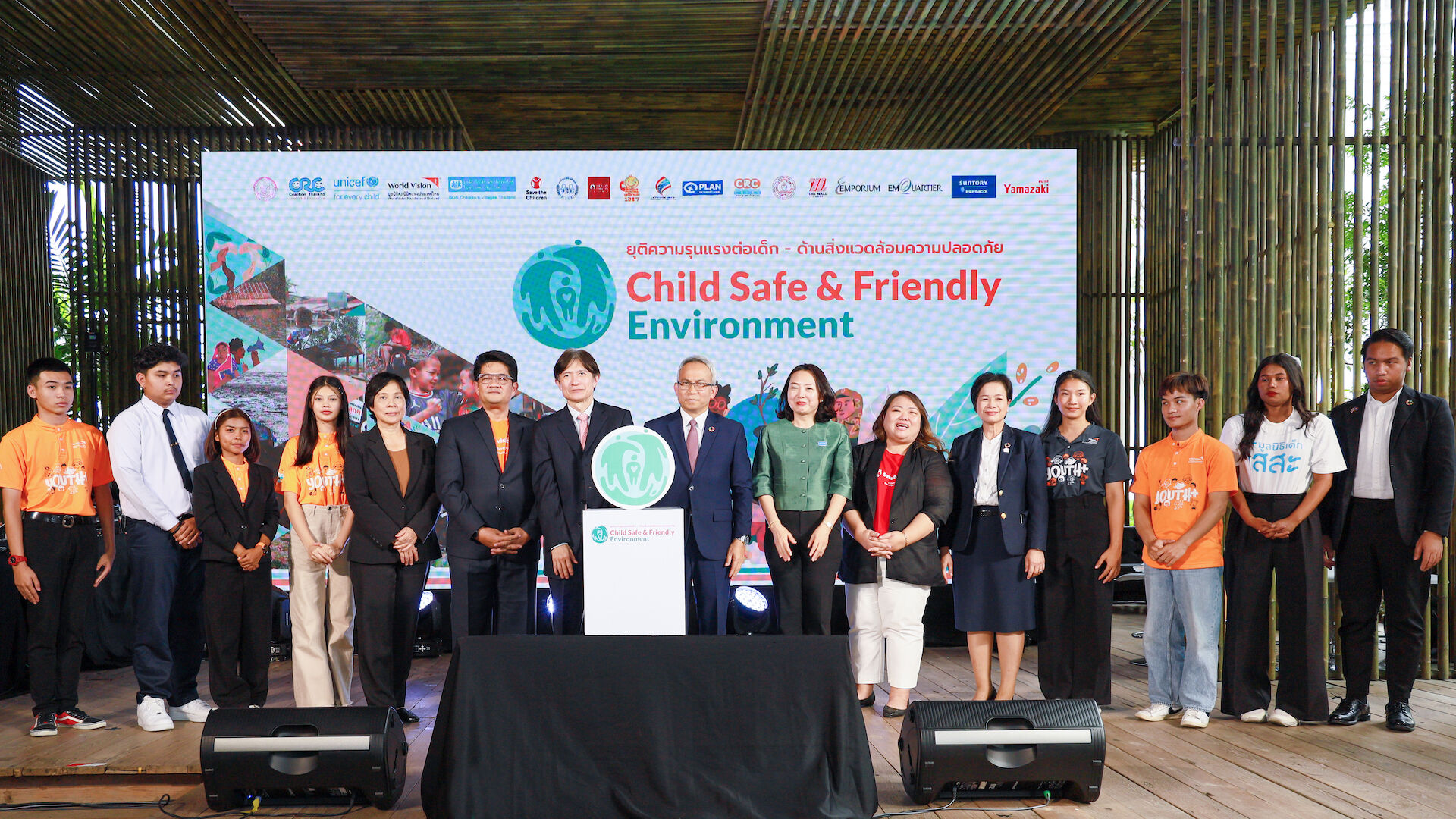Thai youth unite to battle climate change and violence against children

Young minds from all corners of Thailand recently converged in Bangkok to unveil General Comment No. 26 (GC26), a global manifesto championing children’s rights and environmental protection.
The event, Child Safe & Friendly Environment – Ending Violence Against Children: Environmental Safety, orchestrated by the Thai Child Rights Network in collaboration with the Ministry of Social Development and Human Security, UNICEF Thailand, and other organisations, became a pivotal platform for tackling the dual threats of climate change and violence against children.
Kyungsoon Kim, UNICEF Thailand’s Country Director, emphasised the profound significance of GC26, shedding light on the intricate link between environmental deterioration, climate change, and the rights of children.
“The impact of climate change is evident and tangible in Thailand, affecting vulnerable groups such as children through more frequent floods and droughts.”
Dr Boonchai Hongcharu, Chair of the Board of Directors of the World Vision Foundation, sounded the alarm on the dire situation in Thailand, revealing that a staggering 48.6% of Thai children still endure violence within their families. Moreover, Thailand ranks ninth globally in facing severe climate change impacts, with Thai children positioned 50th out of 163 countries on the Child Climate Risk Index.
The UNICEF Impact Assessment on Climate Change and Environmental Degradation on Children in Thailand pinpointed children in Northeastern and Southern Thailand as the most vulnerable. UNICEF Thailand vehemently called for prioritising the protection of children’s rights and formulating policies based on child rights principles.
Anukul Peedkaew, the Permanent Secretary of the Ministry of Social Development and Human Security, underscored the necessity of inter-ministerial collaboration, particularly with the Ministry of Natural Resources and Environment, reported Thai PBS World.
Youth voices took centre stage at the event, with Krit Pachsuwan, a UNICEF Young People Advisory Board member, articulating three demands: youth involvement in future policy planning, financial backing for innovations against climate change, and a platform for cross-generational discussions on climate change issues.
Saknarin Kamthai, a former child in need of care and youth representative from the World Vision Foundation, urged a collective effort to prioritise children’s rights and environmental concerns. He stressed the pivotal role of children and youth in shaping change, ensuring policy suggestions to create a beautiful world for the generations to come.
Latest Thailand News
Follow The Thaiger on Google News:


























